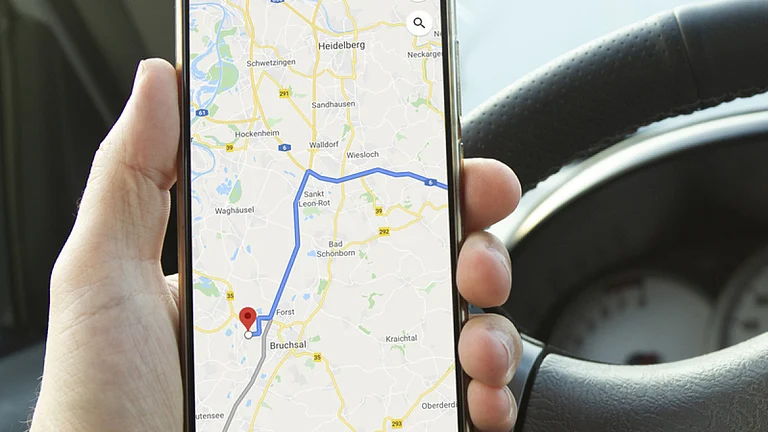Lawsuit alleges Google secretly enabled Gemini across Gmail, Chat and Meet
Plaintiffs say Gemini accessed private data, violating California Invasion of Privacy Act
Users claim opt-out buried, disabling Gemini required deep settings navigation
Google Faces Lawsuit Over Alleged Secret Activation of Gemini AI Across Gmail, Chat & Meet
A proposed class-action lawsuit accuses Google of secretly enabling its Gemini AI across Gmail, Chat, and Meet, allegedly scanning private communications without user consent in violation of California privacy laws
A proposed class-action lawsuit filed in federal court in San Jose accuses Google of secretly switching on its Gemini AI assistant across Gmail, Chat and Meet and using the feature to scan and exploit users’ private communications without their knowledge or consent, Bloomberg reported.
The complaint reportedly says Gemini was enabled for users who had not explicitly opted in and that turning the feature off requires navigating buried privacy settings.
Plaintiffs say the activation allowed Gemini to “access and exploit the entire recorded history of its users’ private communications,” including emails and attachments, and that the company’s conduct violates California’s wiretapping law, the Invasion of Privacy Act. The filing requests class treatment and argues the alleged behaviour was not a benign “hallucination” but an unlawful interception and use of confidential communications.
Why Google is being Sued over Gemini AI?
Google has previously positioned Gemini as a developer-focused model and has warned that some Gemini features were not intended for broad consumer Q&A use. But the lawsuit contends that many users were unaware Gemini had been switched on and would have had to dig through settings to disable it, a key point in alleging the lack of informed consent.
Independent filings and public disclosures have reportedly flagged risks from embedding Gemini-powered features into Workspace apps such as Gmail and the side panel, which could expose sensitive queries and documents to model ingestion.
Is Gemini AI Tracking User Data?
The new suit arrives amid an expanded wave of privacy litigation targeting the company. In recent months Google has faced multiple high-profile privacy cases and jury verdicts involving its handling of user data, underscoring a broader legal and regulatory scrutiny of how major tech firms integrate AI into consumer products.
The court will decide whether to certify the proposed class and move the case beyond initial pleadings; if certified, the litigation could broaden rapidly given Gmail/Workspace’s large user base. Google can also be expected to respond with privacy-policy and technical arguments, including whether users were properly notified and the degree of control provided, and may seek dismissal or decertification on grounds that claims are individualised.

